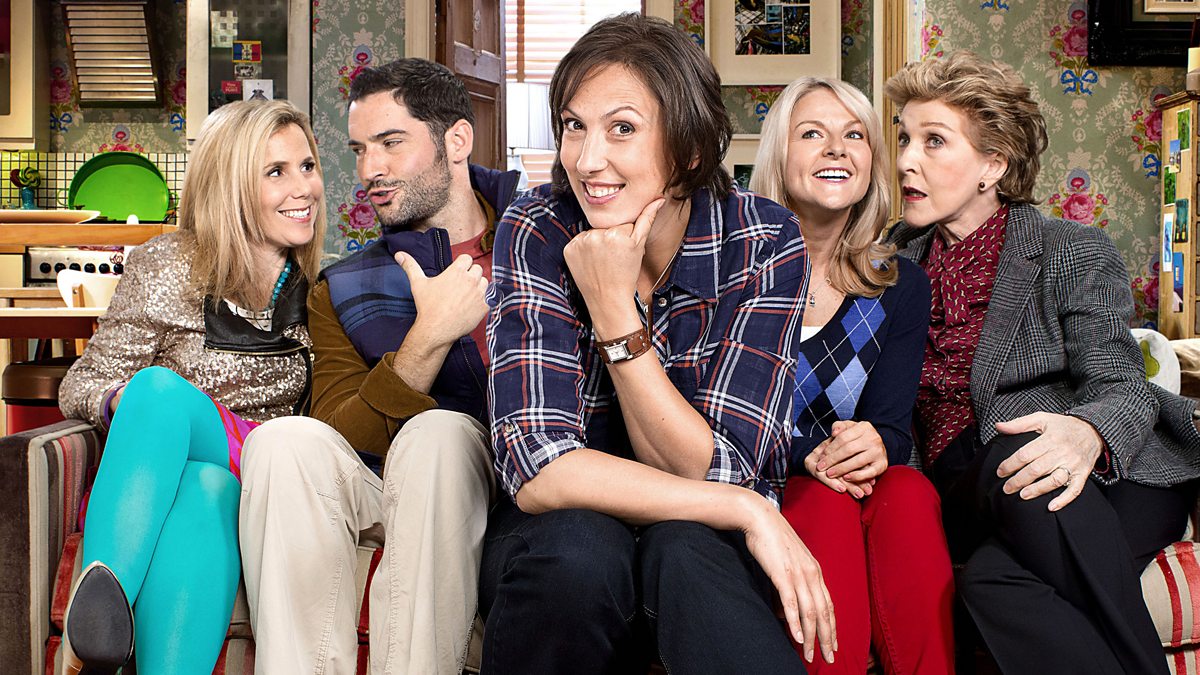As we know, we are not the only peoples on earth who utilize shadchanim. South Asians—Indians and Pakistanis, for instance—also dig them.
Considering how my experiences with shadchanim were less than ideal (they tended to set me up with people who were not remotely on point, then demanded to know why I was saying no), I wondered if their matchmakers are better. Then I thought of the reality show "Indian Matchmaking," where it looked like the same six people were on rotation, so I guess not.
From reading this article, there is little differentiation in the Indian world to being set up by a matchmaker or a family friend—a blind date is a blind date, like by us. The lovely woman who set me up with Han is a friend of my relative and a machanteneste somewhere on his side.
The interviewees in the article make a point to clarify that while the term "love marriage" is applied to couples who met on their own, it's still the same love story for those who were introduced through a matchmaker. It's not necessarily any less romantic as it would be if they met cute. Like by us, too.
In the same issue of Sunday Styles, there is a Modern Love story by Pakistani woman who grew up in the US. After seeing Bend It Like Beckham, she believed it would be possible for her to end up with a white man, and preferred not to date men of the same ethnicity.
She moved to Pakistan for work, where it wasn't exactly easy to meet white men; when she became friendly with a fellow Pakistani, she didn't initially see him at all in a romantic light.
I couldn’t put my finger on what finally
attracted me to him. For starters, the brown culture signaling of my
imagined biracial relationship wasn’t necessary because we were both brown.
Gradually I realized that meant I didn’t have to do my exhausting,
race-conscious performance either, the self-deprecating jokes I would
mutter about terrorism (or whatever stereotype came to me in the
moment), the reflexive ironic shield I felt I needed as the one
Pakistani in the crowd. He understood without me having to say anything.
When I was dating, I was hoping for someone who came from a somewhat similar background. When I would go out with guys who were more American in upbringing, I would carefully edit my language lest a Yiddish word or phrase would slip out. If one did, they would look at me in annoyance.
With Han, I don't have to do that. Especially since he understands Yiddish better than I do, and appreciates my fondness for quoting grandparents (he does the same).
After
months of dating, I saw how much space that performance had taken up in
my previous relationships: Without it, I was vulnerable and prone. With
the weight of constant posturing suddenly lifted, I felt an intimacy I
could never achieve with the not-brown guys. Ali and I are married now,
and it’s the most comfortable I have ever felt with another human being.
What’s
funny is that, in writing this story, I realize I have penned the exact
type of propaganda immigrant mothers peddle to keep their daughters in
the culture. Before Ali, my mother was fond of telling me stories of
some distant friend or relative who married a white man and then
divorced, only to find happiness once they remarried a Desi.
This isn’t that, but it’s not not that either. I’m not attracted to my husband because he’s
brown, but I also know we wouldn’t have the relationship we have if he
weren’t. That’s not to say we’re so similar; if anything, the fact that
he grew up in Pakistan while I spent my youth in the Midwest separates
us more than most of my past relationships. But what we share in common —
an unspoken understanding of a culture that shapes the way we are,
whether we like it or not — constitutes a bond much stronger than the
rest of it.
You can't hide where you come from, no matter how much you may try. There's a difference being who you are and going into a relationship where your differences are accepted and even celebrated; it's another to subsume oneself in the futile attempt to "fit in."
I've been teased and even mocked for my stubborn adherence to my heritage, especially since I don't even speak Yiddish or Hungarian fluently. But I'm proud of it, and identify with it, and I hoped to be with someone who wouldn't expect me to suppress it. I did end up with someone who is equally proud of his own background—and we enjoy the fact that our grandparents even knew each other.
